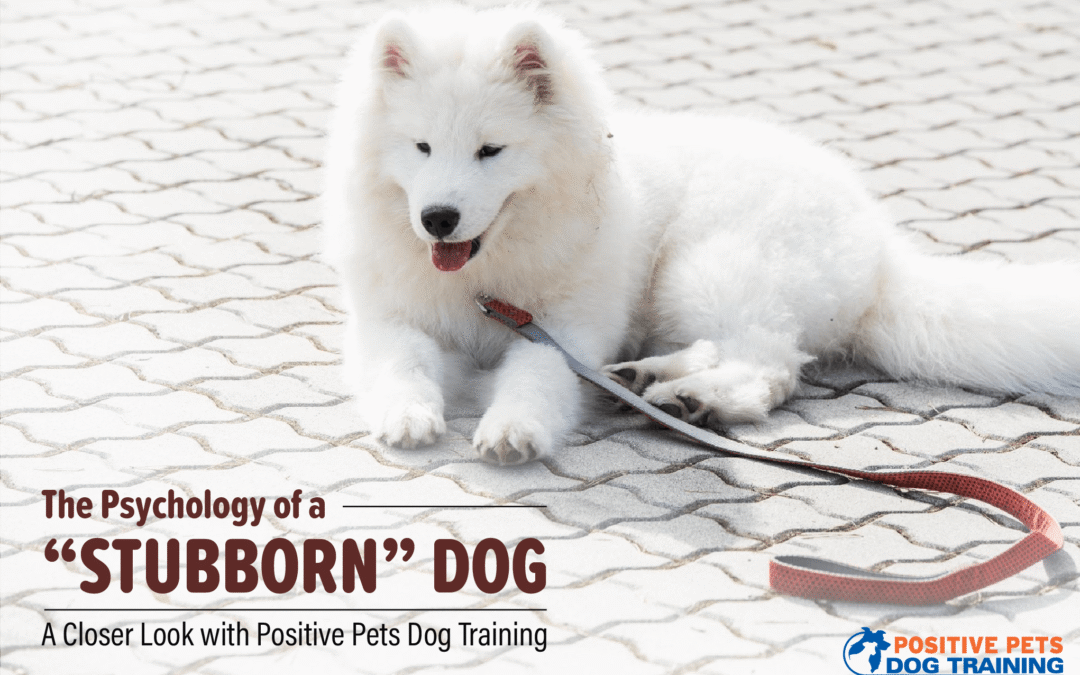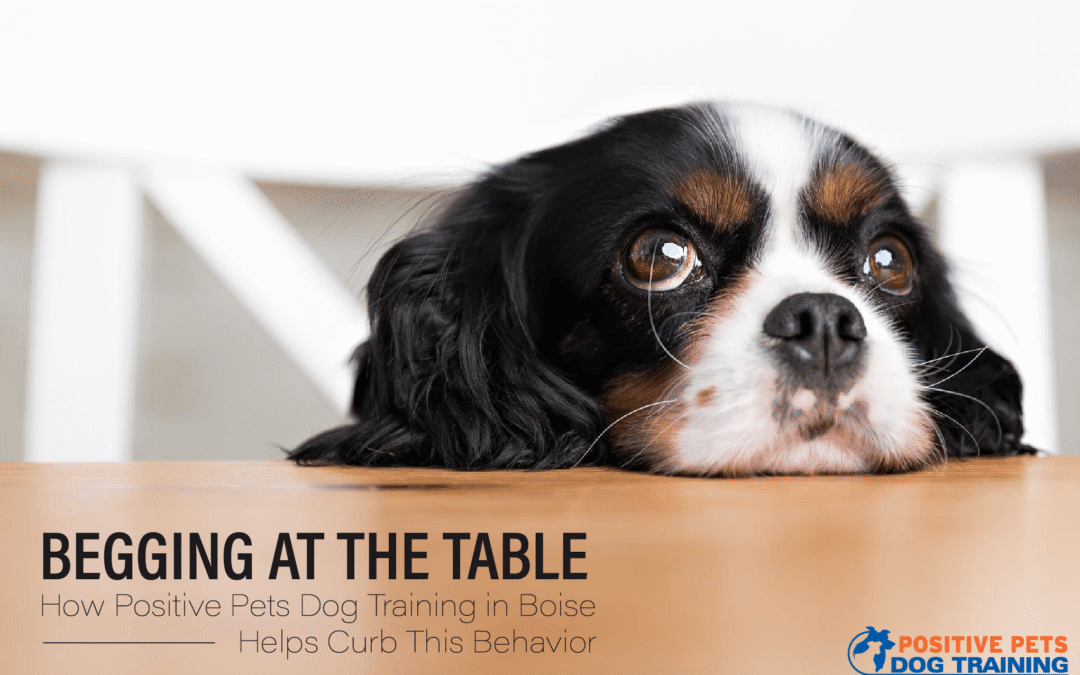At Positive Pets Dog Training in Boise, we believe that crate training—done right—is one of the most valuable tools you can use to help your dog feel secure, learn boundaries, and create a peaceful home environment. Whether you’re working with a new puppy, an adopted adult, or even an older dog, introducing crate training in a positive, structured way helps set your dog up for success—and that’s where we come in.
What Is Crate Training and Why Is It Important?
Crate training isn’t about confinement—it’s about comfort. When done properly, a crate becomes your dog’s personal safe space. It’s where they can relax, rest, and recharge. Just like we enjoy having our own quiet room to unwind, dogs feel the same way about a crate that’s introduced with patience.
A crate can help:
- Establish routines (especially helpful for housebreaking puppies)
- Prevent destructive behavior when you’re away or busy
- Promote better sleep habits
- Provide safety and structure during travel or vet visits
- Ease anxiety by offering a quiet retreat
Making the Crate a Safe Space
The key to successful crate training is helping your dog associate the crate with comfort and security- not punishment. Here are a few tips we always recommend:
- Start Slow: Let your dog explore the crate at their own pace. Toss in some treats or a favorite toy. Leave the door open and let them go in and out freely at first.
- Feed in the Crate: Serve meals inside the crate to create positive associations.
- Create a Cozy Environment: Add a soft blanket or dog bed (unless your pup is a chewer), and place the crate in a quiet corner where your dog won’t feel isolated.
At Positive Pets, we guide you through each step of this process—whether in one-on-one sessions or as part of our group classes—helping your dog learn to love their crate.
Common Crate Training Mistakes to Avoid
Even with the best intentions, we see a few common crate training missteps that can lead to setbacks:
- Using the Crate as Punishment: Never send your dog to their crate as a form of discipline. This creates negative associations and undermines the purpose of the crate as a safe haven.
- Leaving Your Dog Crated Too Long: Dogs need social interaction and time to play and stretch. Over-crating can lead to frustration, anxiety, and even physical discomfort.
- Skipping the Introduction Phase: Rushing into closing the door or leaving the house while your dog is still unsure about the crate can create fear or panic.
Our trainers at Positive Pets work with you to avoid these mistakes and create a training plan tailored to your dog’s personality, age, and lifestyle.
Crate Training at Any Age
It’s never too early—or too late—to introduce crate training. We’ve helped puppies and older dogs newly adopted from shelters learn to love their crate. Whether you’re housebreaking, managing separation anxiety, or simply looking for a structured routine, our programs provide clear guidance and real results.
How Positive Pets in Boise Can Help
At Positive Pets Dog Training in Boise, we offer training programs that include crate training as part of a broader behavioral foundation. From Puppy Training to our Ultimate Dog Program, we help dogs of all ages learn the skills they need for calm, confident living. Our experienced trainers work side-by-side with you to:
- Set up your crate training plan
- Introduce and reinforce calm crate behavior
- Solve any challenges you may run into along the way
- Incorporate crate time into your dog’s daily routine for long-term success
Let’s Build a Peaceful Home—Together
Crate training isn’t just a quick fix—it’s a long-term investment in your dog’s well-being. When done patiently, it helps reduce stress, supports good behavior, and gives your dog a space to truly call their own. Ready to start? Whether you’re just bringing home a puppy or need help with an adult dog who’s never used a crate, Positive Pets in Boise is here to guide you every step of the way. Let’s create a happier home—one crate-trained dog at a time. Contact us today to learn more about our programs or to schedule your first session.


